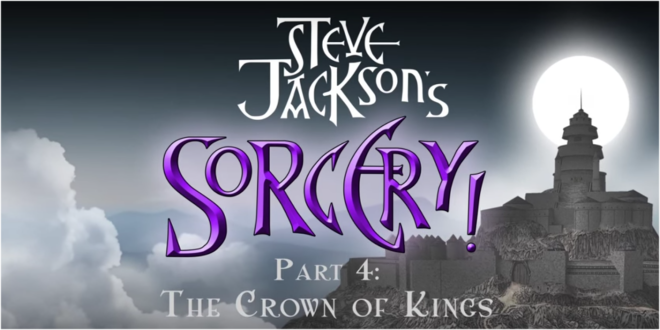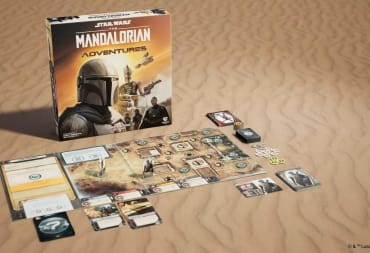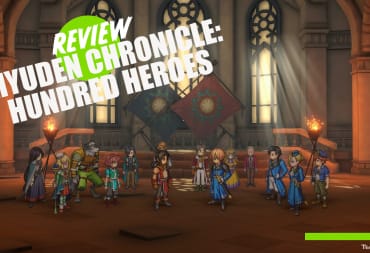It's been a long journey. You've found your way through the Shamutanti Hills, navigated the treacherous "Cityport of Traps", and survived the time-twisted, apocalyptic Baklands, avoiding or defeating the assassins of the Seven Serpents along the way. Now, in the third installment of Steve Jackson's legendary Sorcery! series (the first included Parts 1 & 2), your mission to stop an ancient Archmage from subjugating your homeland with the magical Crown of Kings will reach its dramatic conclusion.
https://www.youtube.com/watch?v=3Jhac84QdpA
For those not already familiar, Sorcery! was part of the Fighting Fantasy solo adventure series - one of the earliest role-playing games to be published, and still one of the most complex. By combining superbly evocative prose with well-crafted plots and a strategic combat system, Fighting Fantasy redefined the limits of what you could do with the much-maligned "pick-your-path" style of RPG. Starting in 1982, the line would eventually produce nearly sixty adventure books set in the world of Titan. Sorcery! has, to date, been a superlative translation of a key part of this venerated series, first to mobile platforms and now to the personal computer.
In doing so, Inkle Studios has merely smoothed and refined the experience. Better than virtually any AAA role-playing game, Sorcery! has focused on providing as many outcomes to your decisions as possible, something which continues to shine through with Crown of Kings. At one point in my playthrough, I was actually talked down by what seemed a reasonable NPC - which not only led to my sudden but inevitable betrayal, but also the continuance of my game from the dungeon rather than "you're dead, go back to a save". Actions you take, things you discover, people you meet and things you say - these all matter, to one extent or another.
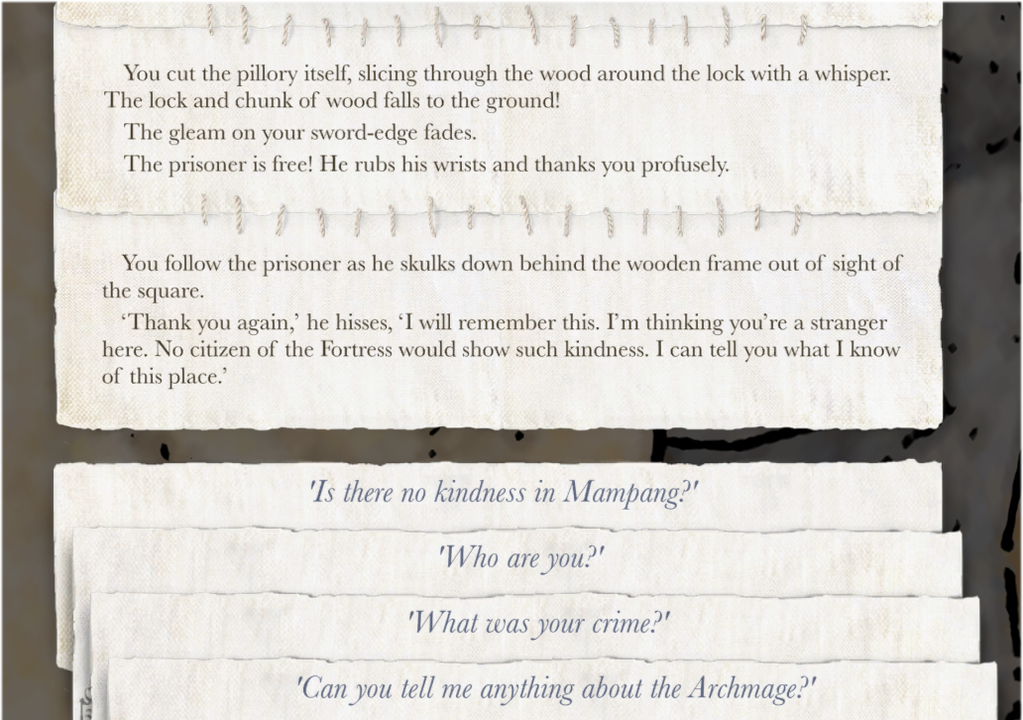
In a game like Fallout 4, it's very hard to do complex plot development, as it's not just a matter of writing. First and third-person gameplay requires modeling the world and everything in it, scripting actions, animating results, and of course voice acting. As a plot gets deeper and more complicated, you add increasing orders of magnitude to the expense of implementing it. This is why modding communities that essentially volunteer their time and effort to add and improve content are so important to the lasting value of such games. They put meat on dem bones.
On the MMO side, you have an even greater push for maximizing content while minimizing player agency, resulting in a lot of massively multiplayer online games being "samey". The more originality-per-player you have, the more expensive it is, creating a tendency towards a "theme park" atmosphere where adventures amount to little more than scripted rides. The more linear a game's story gets, the more often terms like "on the rails" will be thrown around.
Ultimately, the great drawback of computer role-playing games is the lack of a GM creating on-the-fly content.
(That being said, I have to give a shoutout to the Neverwinter Nights folks, whose games included a system for "level editing" live online roleplay. Given a GM expert in its use, it's the closest anyone has gotten to liberating creative freedom from the strictures of the medium.)
Sorcery! has the same core problem of not having a live GM, but this was also true of the original Fighting Fantasy series. This actually makes it perfect for translation to the computer gaming market, especially with an engine geared to unfettered writing rather than first-person graphics. Maps, artwork, prose and a situational soundtrack all draw the scene, and then ask players "okay, now what?"
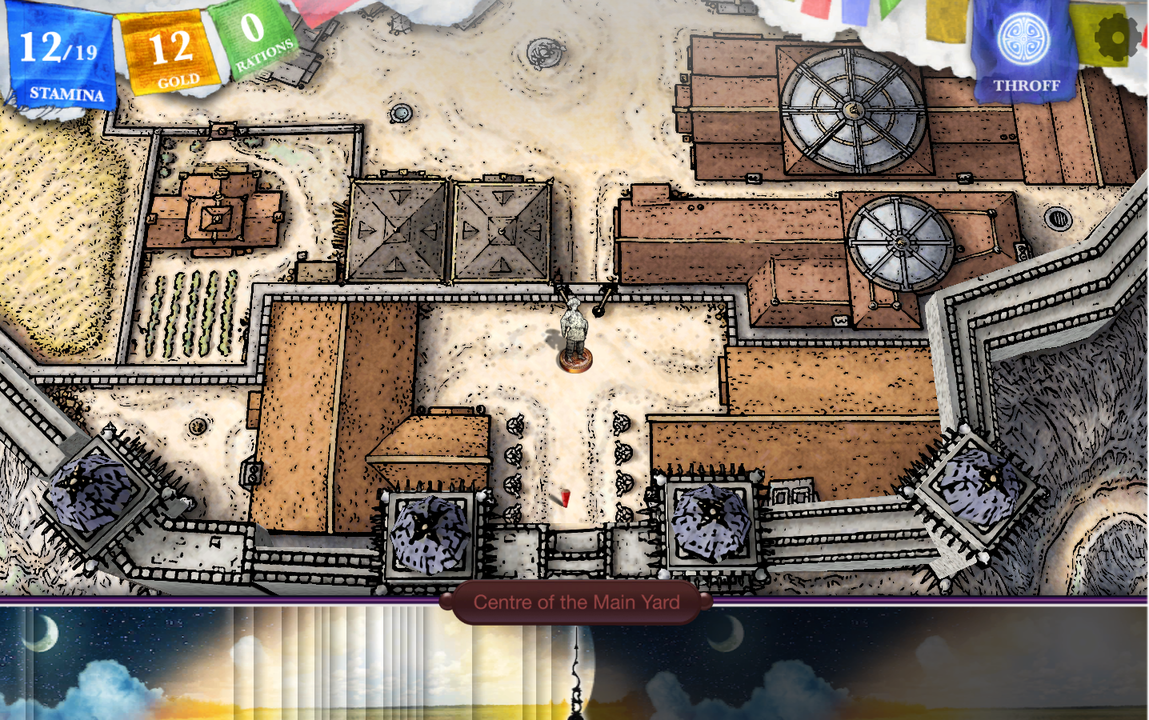
It's also one of the few games I've run into where time travel isn't just a gimmick, but an important game mechanic that serves as the savepoint system. During Parts 1 through 3, you could freely return to any point in the game and try something different. As the story progressed, it became evident that this wasn't at all beyond the game universe itself, either - you were, at will, going back in time, and those few characters with awareness of how time works often knew (and planned for!) what you were doing.
Crown of Kings takes this meta-awareness to a new level. Here, there are areas of the world which actively suppress your ability to rewind. If the timeline uses red rather than white text (as above), that's a save you can't voluntarily go back to. If you are sufficiently foolhardy, your character can even be permanently killed (though that's not entirely reliant on the time mechanic). This gives Part 4 a sense of having much higher stakes since you'll have already invested yourself in the previous three outings.
Well, assuming you've played them. Each Part can indeed be played as an entirely separate adventure, but in Crown of Kings, you'll bump into characters, situations, and places which may seem confusing if you've never been involved in their backstories. This isn't always crucial information to have, but sometimes it can definitely make a difference.
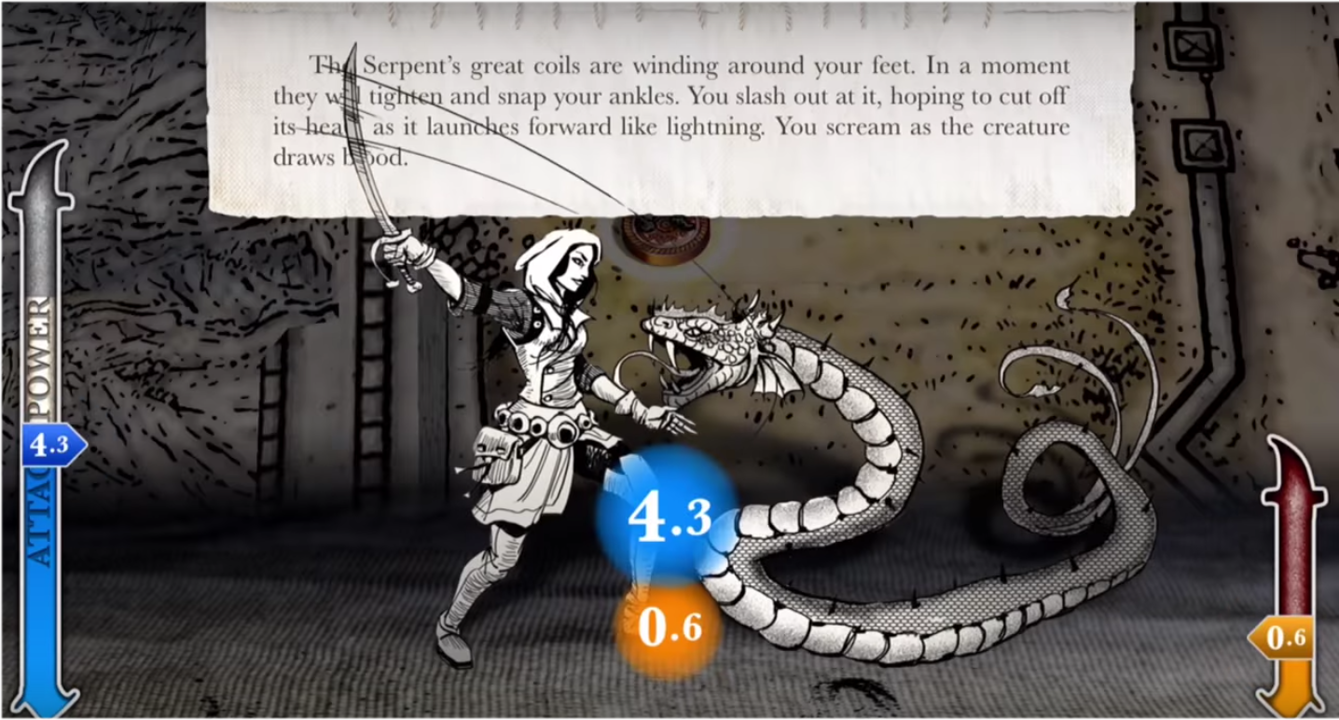
I'll also personally recommend that you avoid taking damage as much as possible. In and around the fortress city of Mampang, home of your arch-enemy the Archmage, there's almost no food to be had. Healing potions and gold are more common than actual rations. Since sleeping on an empty stomach prevents natural healing in Sorcery!, and most potions won't even patch up the damage from a simple boxing match, unnecessary risks can become borderline suicidal. And even though it'll take a lot before hitting permadeath, the Archmage is both wily and patient.
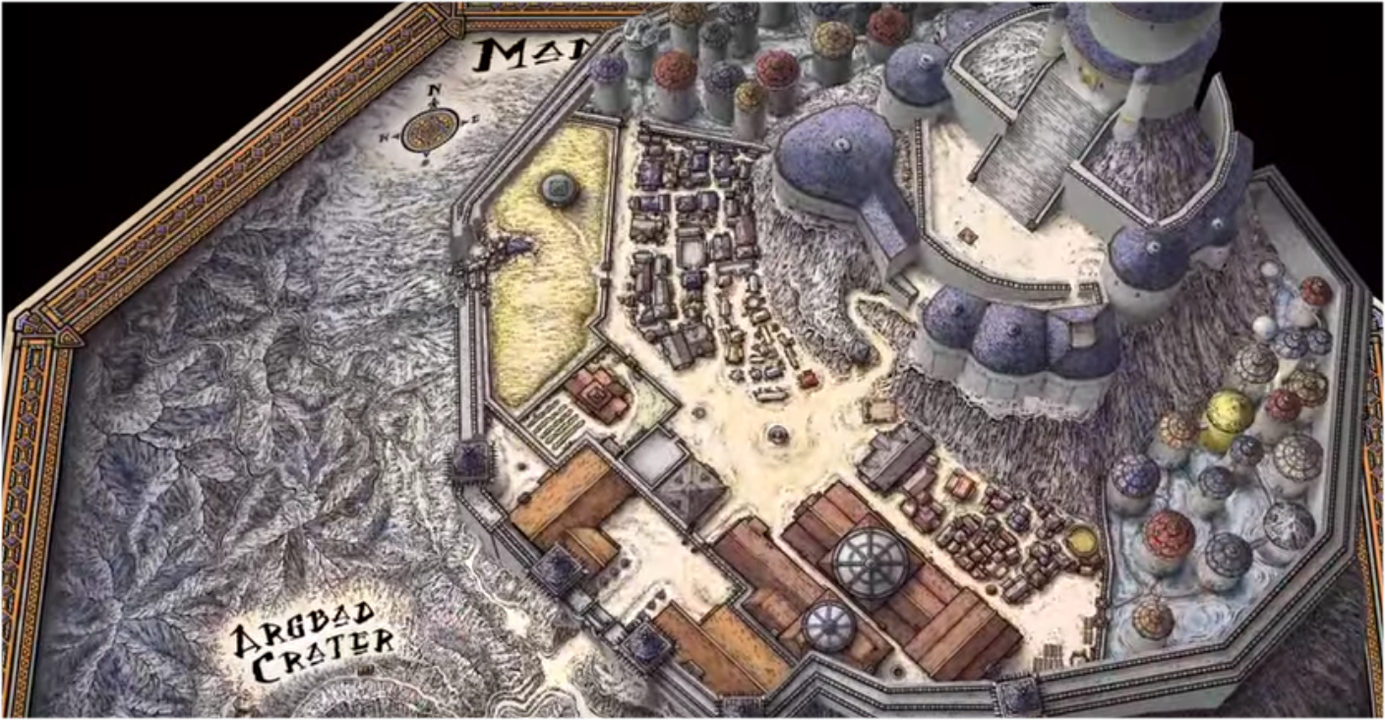
His sanctum sanctorum is also rather sizeable. Everything on this map has a reason for being there, as well as adventure in store - especially the parts being hidden from you. Secret treasures and knowledge can be almost anywhere, while the seemingly unattainable can usually be achieved through luck, persistence, and wit... which you, naturally, will have to provide.
Crown of Kings is a satisfying conclusion to the thoroughly excellent Sorcery! series. It is my hope that Inkle Studios will soon bring more of Steve Jackson's classic Fighting Fantasy line to mobile and PC gaming.
Steve Jackson's Sorcery! Part Four was reviewed on a Windows 7 PC via Steam with a review code provided by Inkle.
Review Summary
Sorcery! pushes and exploits both genre tropes and limitations, not as mere parody but in order to provide a better role-playing experience. A masterful work.
(Review Policy)Have a tip, or want to point out something we missed? Leave a Comment or e-mail us at tips@techraptor.net
